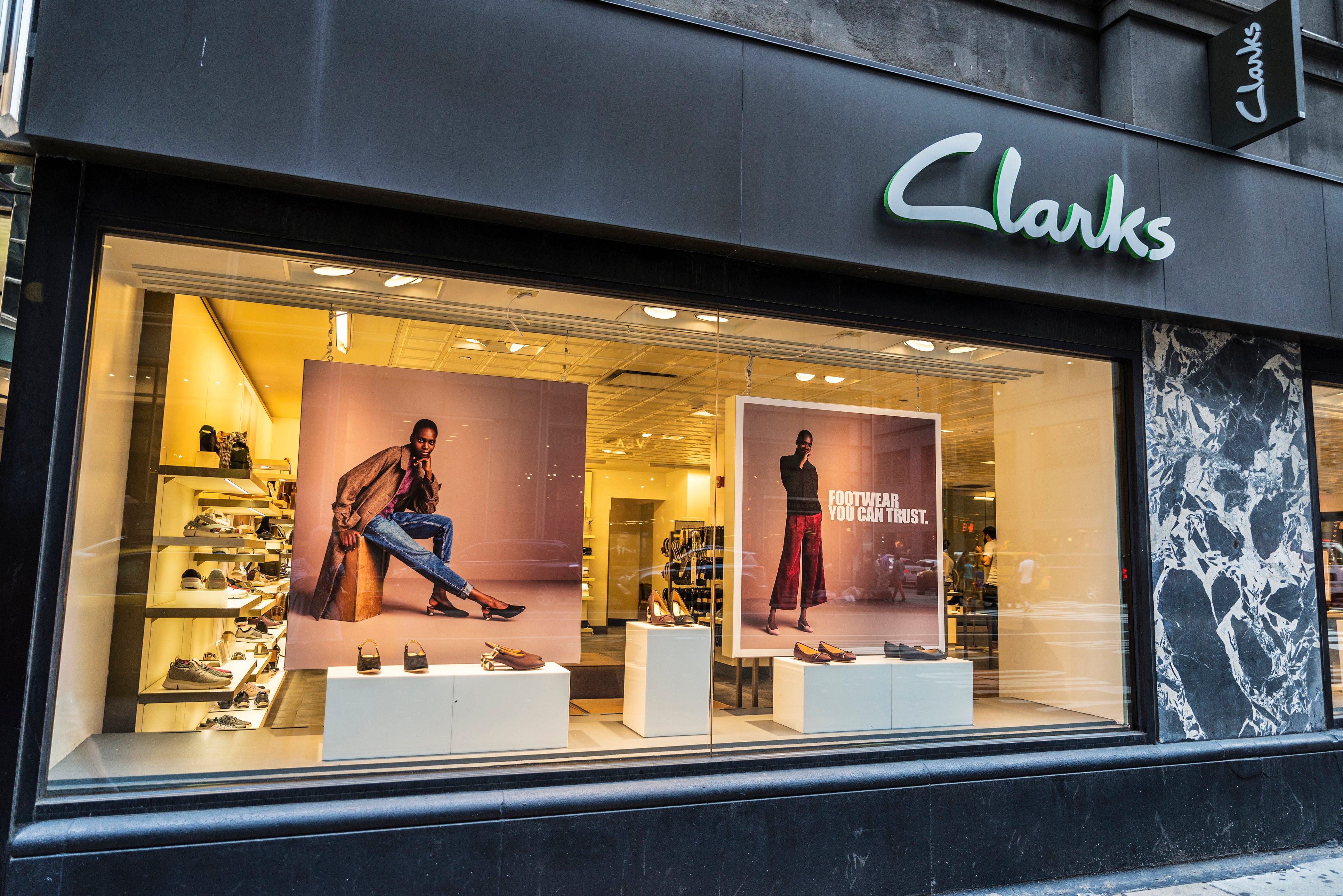Nipping to the shops is always a battle when you’re disabled
When a mother in a wheelchair was told to take her son to ‘another branch of Clarks’ because the children’s department was upstairs, it wasn’t just a case of everyday ableism – it was poor customer service, writes James Moore


Jessica Hall had not intended to buy shoes for her son while she was out shopping in Epsom, Surrey, with him and her mother but, she told me: “He looked uncomfortable.” So, naturally, a visit to Clarks was in order.
Like me, Hall is a former Clarks kid. Like me, she has a medical condition which means she has to be careful with her feet. Partly because of this, her mum always insisted on Clarks – with their measuring devices and their reputation for high standards and quality footwear. As did mine. And Hall has carried on that tradition with her son.
The problem for her, as a wheelchair user, is that the kids’ shoes in the Epsom branch are on an upper floor, accessible only via a flight of stairs. To be honest, this seems a strange choice on the part of the retailer given, you know, pushchairs and prams and buggies. Parents are often encumbered with these, whether disabled or not; stairs could thus create a problem for a large number of customers.
But that problem hadn’t been insurmountable for Hall and her son in the past. The store had done the measuring downstairs and then brought suitable shoes down for them to look at. File under “basic customer service”.
Except this time, there was a problem.
“My mum had told them I was coming in, as we had before, but this time the salesperson said we don’t offer service for disabled patrons. We’d have to go to another branch, in Kingston, 45 minutes away, adding extra costs and energy. This wouldn’t be asked of an able-bodied customer. When my mum explained what had been done before, the response was that if we could guarantee them we would be purchasing, then they would assist.
“Again, this is not something that would be expected of any other customer. There isn’t the expectation of purchase when you go for a measurement, so we weren’t going to agree to that. We didn’t know if he did need a bigger size – just that he looked uncomfortable. So, we came away and that was the end of that.”
Disabled people as a group often end up swallowing this sort of thing. Let’s call it what it is, in my view: blatant ableism. It is something those of us with disabilities encounter a lot, and the hard fact is that if we fought it every time, we’d be in a heap at the side of the road, gasping for breath. Disability is exhausting enough on its own, let alone having to constantly engage in pointless battles over issues that shouldn’t be there in the first place.
But this was one of those times that Hall couldn’t let pass. She decided she’d had enough. So, she contacted Samantha Baines, an author, presenter, advocate and actor, with credits including The Crown and Call the Midwife. Baines, who is deaf, has taken up the cudgels on behalf of disabled people who have faced issues like this in the past, and she did so for Hall, by tweeting her story. Baines says she does this because most non-disabled people are simply unaware just how commonplace this sort of thing is.
‼️Dear @clarksshoes a mother and wheelchair user was today told “we can’t help you, you’ll have to go to another branch” because your children’s department is upstairs with no wheelchair access. This is unacceptable!!! When she explained that usually staff can bring down … 1/2
— Samantha Baines👑 (@samanthabaines) November 6, 2023
“I don’t think people realise how often disability discrimination happens in day-to-day life. I think it’s important to use what profile I have to help these important stories be seen and heard, and to hold companies accountable for what happens in their stores,” she told me.
Having had my nerves shredded over the past couple of months – in my case, battling the NHS, where ableism also lives large – I wanted to pick up a pair of pom-poms and cheer when I heard her say that (I’ve a bright red wheelchair, I could pull it off!). Because Baines is right – it does matter.
What happened to Hall was appalling. We shouldn’t have to bring up the 2010 Equality Act: assisting her and her son on that day was a matter of basic customer service. What self-respecting business wouldn’t do that?
This week was Purple Tuesday. I’m not a great fan of such events, but it probably is worth gently reminding businesses that disabled people do have purchasing power and should therefore welcome the “purple pound” by being inclusive and accessible (purple being the “colour” of disability). Meet us halfway, and we’ll spend money with you. As Hall would have done if treated properly.
You are probably, by now, wondering what Clarks had to say. Here is its statement: “Clarks is committed to ensuring all customers are able to access our stores and receive the best possible customer service. We take matters like the one reported very seriously and have launched an investigation into what happened. Our retail team get regular inclusion training, which we will be reviewing, and we will ensure all store members are given a refresher.”
I hope that happens and that Hall receives an apology – maybe even a voucher. Seems like the least they could do. You can, and you should, look after your disabled customers. It is not that hard, and those that make an effort to get it right will be rewarded.
Join our commenting forum
Join thought-provoking conversations, follow other Independent readers and see their replies
Comments
Bookmark popover
Removed from bookmarks